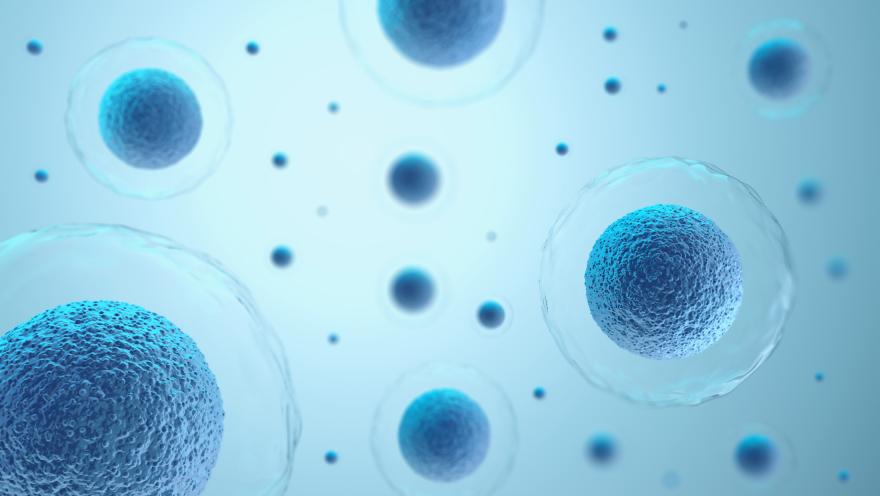The ALS Association, Muscular Dystrophy Association (MDA) and ALS Finding a Cure (ALSFAC), recently announced an additional $1.1 million in supplementary funding to leading investigators at the Houston Methodist Neurological Institute and Massachusetts General Hospital for promising research into cell therapy that could slow the progression of ALS. These organizations originally provided $2.4 million in initial funding for this research into regulatory T cells, also known as Tregs.
On March 24,in conjunction with NEALS, Dr. Stanley Appel, the principal investigator in the study at the Houston Methodist Neurological Institute will be giving a presentation on the latest research into Tregs. In this webinar, Dr. Appel will discuss how these investigations provide a promising platform for Tregs as cell therapy to treat neurodegenerative diseases.
Dr. Kuldip Dave, vice president of research at The ALS Association, recently discussed the science of Tregs on Connecting ALS. A transcript of that discussion has been edited and shortened below. For the full discussion into some promising developments in ALS research, listen to the full episode HERE.
What are Tregs and what role do they play in ALS?
Tregs are short for regulatory T cells. Our immune system protects us, gives us immunity against a lot of foreign materials, like bacteria or viruses. This is in front of all of our minds these days with the COVID virus and the antibodies that fight the virus. So, we all can appreciate what our immune system does.
Our immune system does that through many different cell types. There is something called B cells, neutrophils, macrophages, natural killer cells, and of course there are T cells. And all of these cells have different function, but they come together to operate as our immune system.
Tregs are very unique because they regulate other immune cells, thus the name regulatory T cells, and they help us tune our immune system. So, what do I mean by that? So, let's say we have a small viral infection. We don't want our immune system to blast at level 10. Maybe we want it to be at level three, so it can still protect us against that relatively smaller viral infection. And that's what Tregs do. They regulate the immune system to the right amount.
In ALS there have been studies that have shown that Tregs are reduced and that the lower the Tregs, the faster the progression of ALS. This is why Tregs are biologically so important to ALS.
What is the current state of research into Tregs?
Dr. Appel and his team down at Houston Medical and his collaborators at Mass General Hospital figured out that if you can extract Tregs from patients, expand them, make them healthy, and then you inject them back, that they can function in a more optimal way and fight the disease.
Dr. Appel piloted this approach in a very early study of three people with ALS, and he was able to show that you can do this approach in a safe way.
After that study, The ALS Association came together with Muscular Dystrophy Association and ALS Finding A Cure, and we co-funded a $2.5 million study to expand that approach to more patients to see if this type of approach could be feasible.
In the current trial, Dr. Apell is getting safety information, measuring biomarkers and looking at the feasibility of being able to do this type of therapy in more patients.
What is the impact of recent funding announced by Coya Therapeutics?
We just heard that this biotech raised $10 million to take this Tregs approach and develop a drug development program around it. This is really good and exactly what we want. Companies can raise private capital and can make serious investments in clinical trials, which are very expensive. An academic lab with nonprofit funding can only take it so far. So, we're really glad that our seed funding at a critical juncture in early clinical testing has led to this more focused drug discovery program that has more private dollars behind it.
To learn more, visit our website at als.org HERE.


Comments
I am a ALS patient
I would like to join
Hi Darla. You can find enrolling clinical trials at https://www.als.org/research/clinical-trials-for-patients. Your local chapter can also help you. You can find their contact information at als.org/chapters.
Join the conversation. Please comment below.